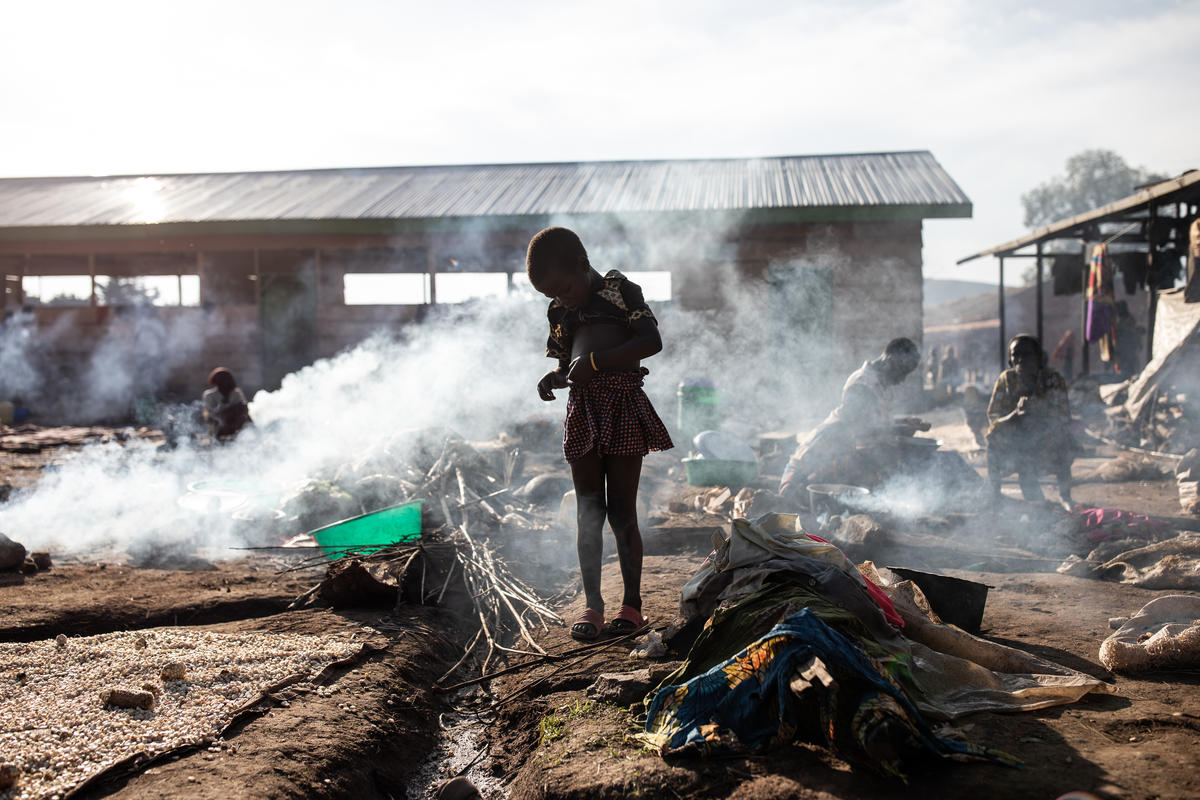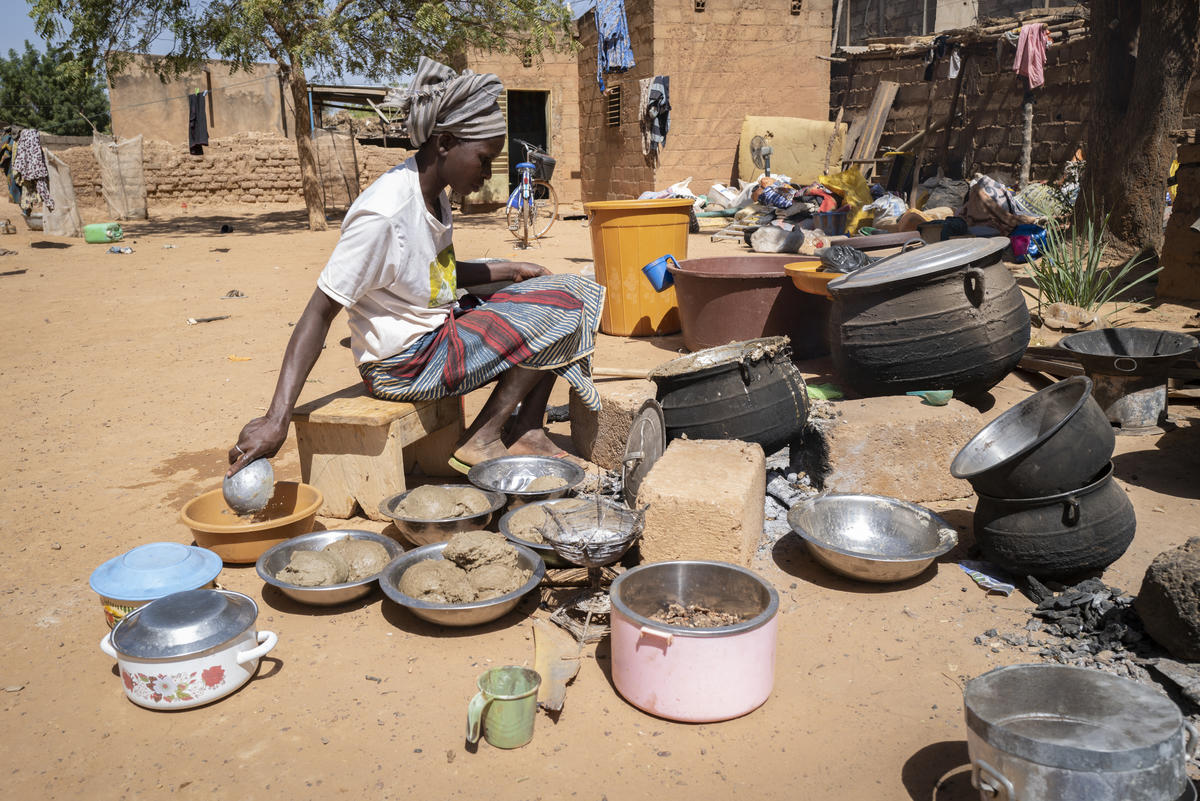Recruitment in Chad refugee camps
Recruitment in Chad refugee camps
We are receiving reports that the recruitment of males in refugee camps in eastern Chad is continuing despite UNHCR's previous denunciation of such activities and our repeated appeals to the Chadian government to ensure that the civilian character of refugee camps is maintained.
In March, some 4,700 men and boys were forcibly or voluntarily recruited in Breidjing and Treguine refugee camps by some Sudanese rebel groups. In April, Goz Amir camp was reportedly the scene of recruitment activities as well. These activities have not stopped, according to refugees, and we fear recruitment could also be spreading to other refugee sites in eastern Chad. UNHCR and its partners operate a dozen refugee camps in eastern Chad housing some 200,000 Sudanese from the neighbouring Darfur region.
Refugee camps are meant to be safe havens where refugees can at least find protection and safety. Militarization of camps can make them a target of one side or another, endangering all of the refugees. People who have fled the horrors of Darfur have already suffered enough. It is totally unacceptable that refugee camps become recruiting grounds and that children under the age of 18 are being victimized.
Young refugees who managed to return to the camps said they were taken to makeshift training areas along the Sudan/Chad border and taught - among other things - how to clean weapons. Those who refused were beaten, the refugees said. They were told that following the training, they would be sent to fight. Several hundred young men and boys from Breidjing and Treguine camps are reportedly still missing and are believed to be in the training camps somewhere along the Sudan-Chad border. Those who managed to escape and return to the camps now say they are afraid the rebel groups will return and find them.
UNHCR again calls on the Chadian government to do everything it can to ensure the civilian character of the refugee camps and to ensure security in and outside of the camps. This is absolutely essential because there are reports indicating some local camp leaders and Chadians are condoning the recruitment. Other camp leaders say they fear such activities will make the camps subject to attack. UNHCR has had several high-level meetings with Chadian authorities over the past two months in which we stressed their obligations towards refugees on their territory under international law.
Since the recruitment issue started in March, UNHCR has been conducting awareness campaigns in the camps. We have raised the issue with refugee leaders, reminding them of their duties and rights as refugees. UNHCR teams are also visiting camp schools to inform children of the dangers and are working with the Chadian-supplied gendarmes who are assigned to ensure security in and around the camps.









